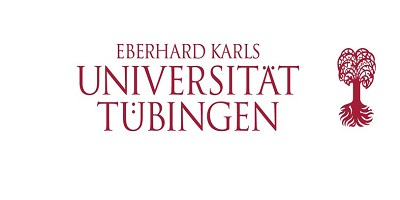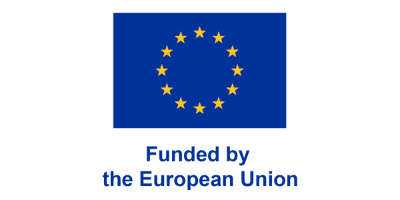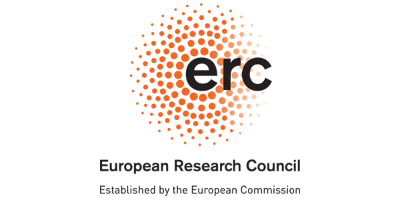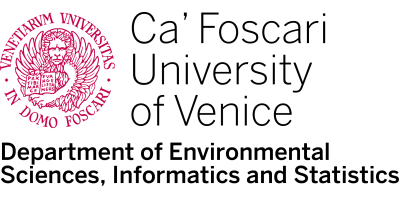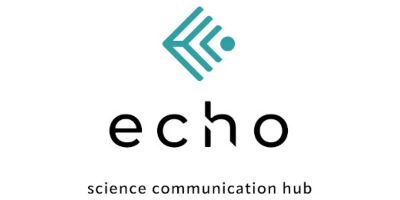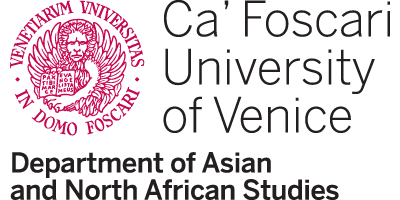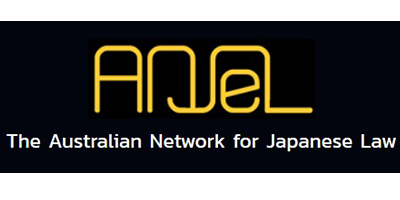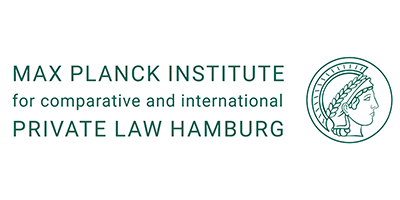College workshops
The International College, under the aegis of ASSI ("Alleanza delle Scuole Superiori d'Ateneo"), organizes the College Workshops and expands its educational offerings to interested students unenrolled in the College.
The College Workshops are interdisciplinary and innovative courses, designed for motivated and high-achieving students who want a learning experience more in-depth and engaging than usually found in ordinary classes. Workshops are based on innovative teaching methods and delivered in an international environment. They give an opportunity to:
- meet other motivated and brilliant students, learning to study and work together;
- discover and experience Venice, a city historically multicultural and open to innovation.
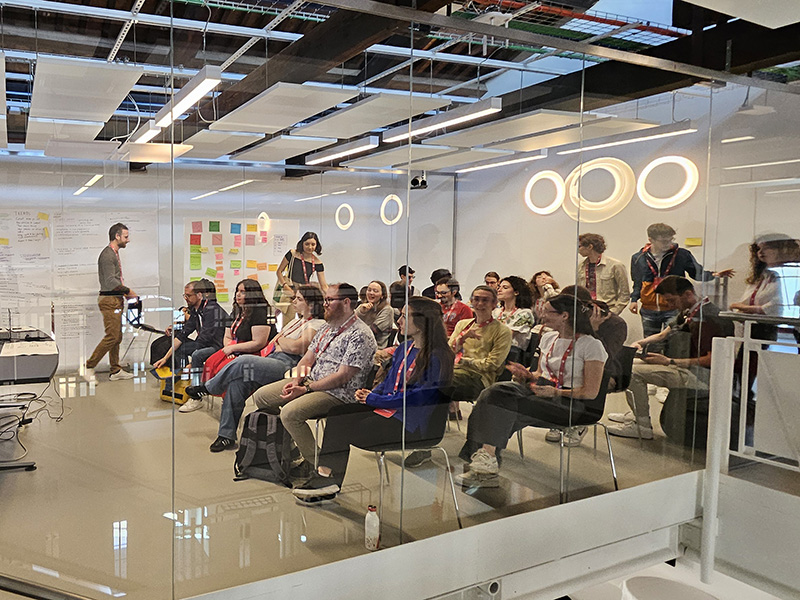
The Workshops are open to all university students (specific restrictions are noted for each course), with special provisions for students enrolled in any Advanced School acknowledged by the Italian Ministry of University and Research. One of their aims is to expand the ongoing cooperation within the network of the Italian University Advanced School.
Features: the College Workshops have a duration from 1 day to 5 days; they are held in English and may be on-site or online.
Admission requirements
Who:
- students enrolled in the Ca’ Foscari International College or in any Advanced School acknowledged by the Italian Ministry of University and Research;
- Bachelor, Master and Ph.D. Ca’ Foscari students with suitable background and an academic performance comparable to College students.
- high-performing students from Italy or abroad, with suitable background.
Admission requirements:
- students (doctoral level included) enrolled in an Italian or foreign university - they are expected to be on track in their curricular studies;
- B2 level or native speakers in English.
Costs
Some workshop may have a registration fee. Admission to the workshop includes study material.
Any fee is waived for a limited number of students from any Advanced School. If the number of such applicants is high, their own School will be asked to designate by selection who will be offered the waiver.
Coffee breaks and light lunches, if in the program, are free of charge.
Accommodation
It depends on the workshop. In general, students are accommodated:
- in Camplus in Santa Marta, a university students’ residence opened in 2019 and located in the city center of Venice, close to the main University headquarters and 15 minutes away from the bus and railway stations;
- or in another hotel situated in the city of Venice.
For Ca’ Foscari College students accommodation costs are free. For students from other Advanced School with a waiver fee, all accommodation costs will be covered.
Workshops a.y. 2024/2025
Past workshops - a.y. 2024/2025
- Citizenship Facing Societal Challenges: Contributions from Social and Psychological Sciences: 18th - 22nd March, 2025
- Environmental Humanities for Systemic Change: 28yh April, 5 -6 May, 2025
- Painting the Anthropocene Landscape transformation captured by Artists’ views on environmental and climate change: 5th May, 2025
- Creative and Innovative strategies for Effective Science Communication: 5th - 7th June, 2025
- Authenticity, Adaptability, and AI: Balancing Trust in Translation and Intercultural Communication: 9th - 13th June, 2025
The Discordant Detail. Exploring sophisticated interactions between scripts and the visual arts in Antiquity
15th -18th October, 2025
Sala Berengo - Ca’ Foscari University, Dorsoduro 3246, 30123 Venezia
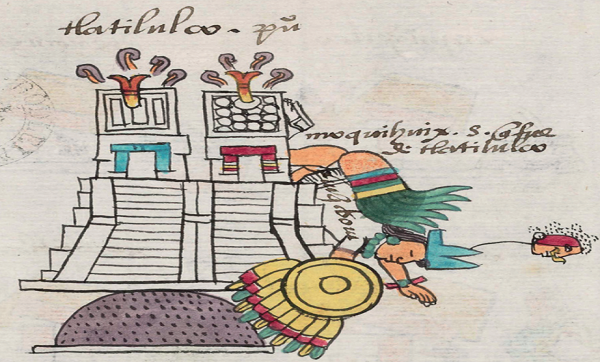
The Fall Workshop will offer a venue to explore how script and notational techniques influence the visual arts and vice versa. The focus will be on societies which developed early non-phonetic scripts, such as Mesopotamian proto-cuneiform, Egyptian proto-hieroglyphics, Chinese ideograms, and Maya hieroglyphics. Within this framework, a recurring visual rhetoric device is the conscious embedment of odd or offset details in complex artistic compositions. These “discordant details” are often related to notational systems and encode additional semantic values. For example, a hieroglyphic sign can be integrated within a visual composition disguised as discordant visual element, adding layers of significance and enriching the interpretative depth of an object, word, or image.
Teaching methods: Case-based learning, Round-Table Discussion (Interactive Q&A), Structured Small-Group Breakouts, Comparative Panels, Excursion-Based Learning.
Coordinators: Alessandra Gilibert and Massimo Maiocchi
Instructors:
- Oliver Dietrich (DAI Berlin)
- Kate Kelley (Toronto, Canada)
- Ludwig Morenz (Bonn)
- Gordon Whittaker (Georg-August-Universität Göttingen)
- Martin Worthington (Trinity College Dublin)
- David Klotz (Boston)
- Pippa Steele (Oxford) – remote speaker
- Ioannis Konstantakos (Atene)
Language: English
In partnership with
Aristotele, Perception, Phantasia, Dreamlike, Illusion
27th - 30th October, 2025
Aula Mazzariol, Palazzo Marcorà Malcanton - Department of Philosophy and Cultural Heritage
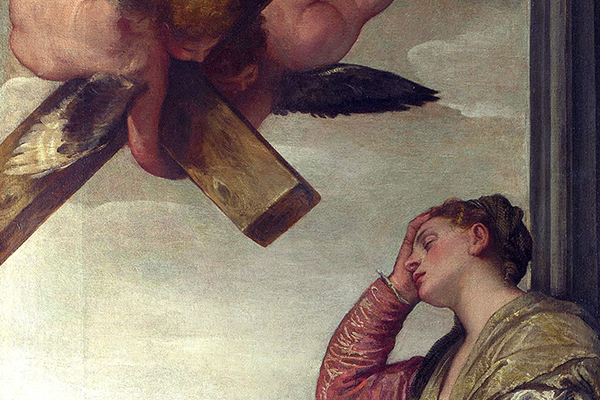
The workshop concerns the theory of perception and imagination in Aristotelian philosophy, with particular attention to the explanation of the dream phenomenon; it essentially consists of translation, analysis and commentary of a work, with the final goal of the publication of a text with translation, notes and essays with an international publishing house.
Teaching methods: The chosen working methodology consists of a rigorous analysis of the text: to this end the workshop is organized in the form of an advanced seminar of close reading of the entire treatise.
Coordinators: Francesca Masi, Giulia Mingucci and Klaus Corcilius (University of Tübingen)
Instructors:
- J. Winzenrieth (University of Tübingen)
- M. Arsenault (University of Toronto)
- L. Schillen (University of Tübingen)
- L. Zemolin (University of Tübingen, University of Roma Tre)
- M. Kunz (Leipzig University)
- C. Pellò (University of Geneva)
- C. Rapp (Ludwig Maximilian University of Munich)
- P. Gregoric (Institute of Philosophy of Zagreb)
- P. Natali (University of Italian Switzerland)
- D. Zucca (University of Sassari)
Discussants:
- F. Ademollo (University of Florence)
- G. Betegh (University of Cambridge)
- G. Di Basilio (University Ca’ Foscari of Venice)
- A. Falcon (University of Milan)
- K. Ierodiakonou (University of Athens, University of Geneva)
- M. Tuominen (Stockholm University)
Language: English
Why you should attend
The project aims to examine the different activities, perceptive and post-perceptive, of the psychophysical capacity of phantasía in the context of the ‘de Insomniis’ - one of the treatises of the collection of psychophysiology known as ‘Parva Naturalia’ - in which Aristotle examines the nature, origin and function of dreams. Although being part of a long literary and philosophical tradition - not only Western - which, through the analysis of the dream experience, addressed in more depth issues of a metaphysical, physiological, psychological and epistemological nature, such as the divine or natural origin of the dream, the diagnostic function of the dream, the distinction between representation, opinion and perception, the cognitive reliability of representations, origin and nature of illusions, the distinction between hallucination, illusion and delusion, Aristotle, however, is the first philosopher to systematically address these issues, opening a new and specific field of physical and psychological investigation on this topic.
Participants: 15 seats reserved for students from Advanced Superior School.
Registration: International College and Scuole Superiori Students interested in taking part in the workshop can contact Francesca Masi at the following email address: fgmasi@unive.it by October 17th.
In partnership with
Science Communication Fridays
October 24th, November 14th and 28th, 2025
CFZ – Cultural Flow Zone, Tesa 2, Venezia
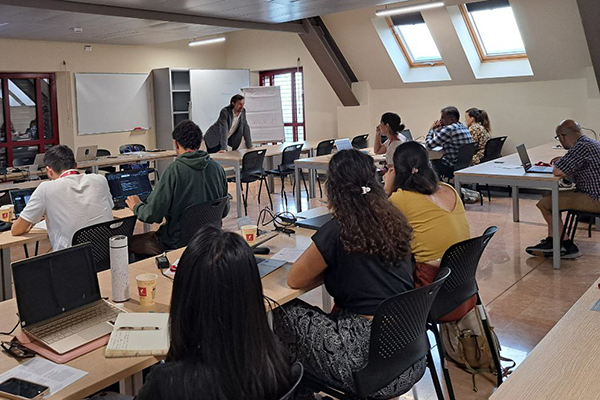
Science communication is not simply talking about science. In this series of interactive, practice-oriented workshops you will develop and refine essential communication skills for effectively sharing research across disciplines, platforms, and audiences. By the end of the series, you will be equipped to present your research with greater clarity, creativity, and strategic awareness, making their work more visible, relatable, and impactful.
Teaching methods: Hands-on workshops
Coordinators:
prof. Fabiana Zollo, Dept. of Environmental Sciences, Informatics and Statistics & NICHE and
Enrico Costa, ECHO - Science Communication Hub
Instructors:
- Chiara di Benedetto, University of Padua and the University of Milan
- Mirko Bischofberger, ETH Zurich and the University of Zurich
- Andrea Brunello, playwright, director, actor and podcaster
Language: English
In partnership with
Japanese Law between Doctrinal and Area Studies
November 18th, 2025
Ca' Dolfin - Aula Magna

The study of East Asian law requires a truly interdisciplinary approach, where technical skills and cultural preparation meet. How is it possible to build such curriculum? Using Japan as an example, the workshop will showcase several presentations by leading experts in the field, to demonstrate how it is possible to conjugate a solid legal background with proper knowledge of a country’s society, history, language.
The initiative encompasses two sessions:
- The first session is an international panel open to the public. The speakers will give presentations based on their respective areas of expertise to demonstrate how it is possible to bridge the gap between doctrinal and area studies.
- An educational workshop devoted to students (open to ASSI schools’ students and selected Masters’ and PhD students) and early career researchers.
Organizers:
- Prof. Giorgio Fabio Colombo
- Prof. Renzo Cavalieri
- Prof. Luke Nottage
- Dr. Heather Roberts
- Dr. Ruth Effinowicz
Language: English
Please register by sending an email to prof. G.F. Colombo: colombo@unive.it
In partnership with
Last update: 11/02/2026




